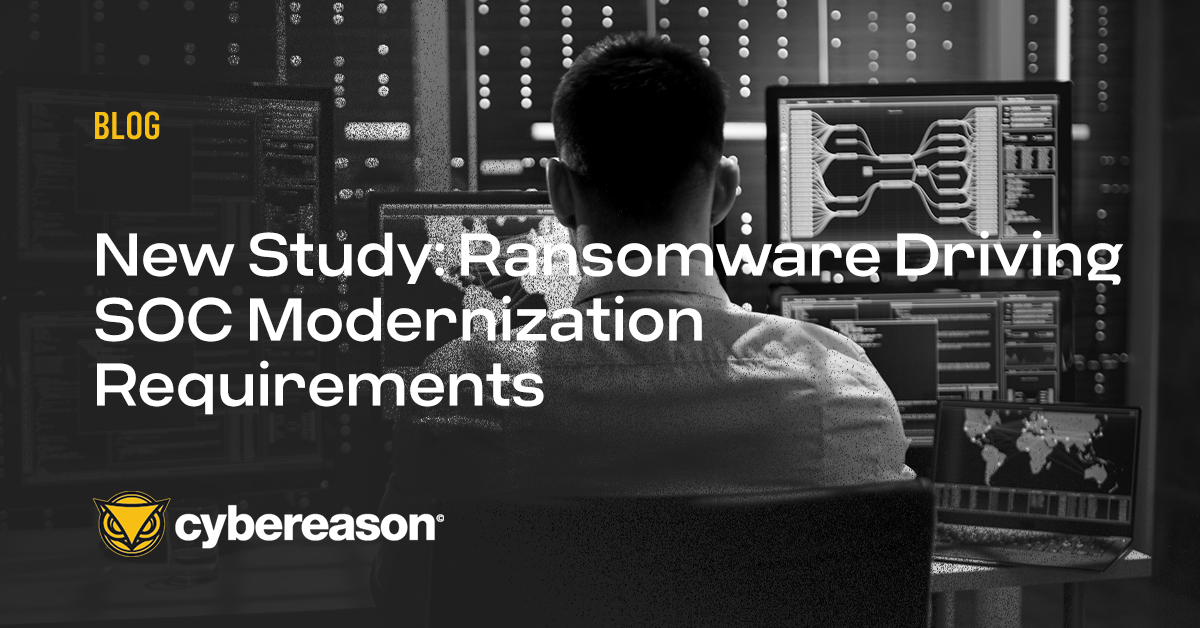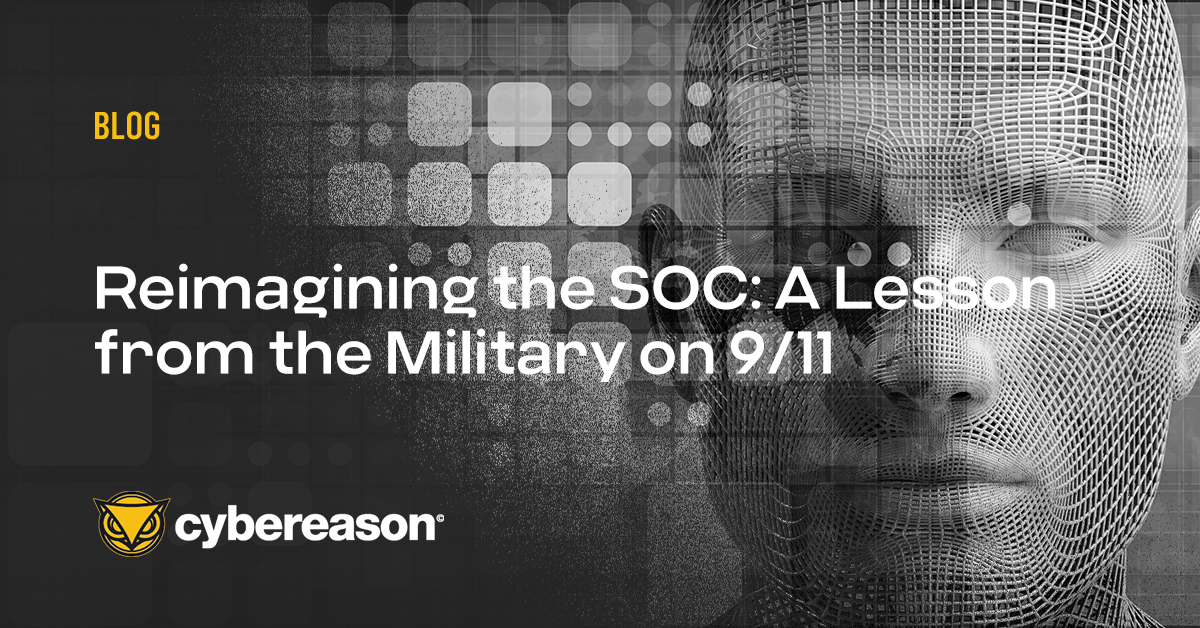
New Study: Ransomware Driving SOC Modernization Requirements
Ransomware directly impacts the investment decisions organizations make to modernize their Security Operations Centers, according to a Cybereason study.

Lital Asher-Dotan
For those enterprises that are still unconvinced that endpoints are the most valuable source of information for real-time detection and response - here’s how endpoint detection can benefit your business.
Hackers realize targeting endpoints gives them the best chance for their attack to succeed. Endpoints are notorious for having major weaknesses, including inadequate protection and being used by people who are prone to falling for deceptive tactics like phishing emails. Comprising an endpoint is a hacker’s initial move. Continuously monitoring your endpoints can help a company detect a breach early before significant damage occurs.
Attackers attempt to capitalize on the fact that hacking behavior can resemble normal employee activity. Hackers often use legitimate tactics to deceive security systems and avoid getting caught. For instance, some employees may need four attempts to log in to their email account because they forget their user name and password. In other cases, though, a hacker could be behind those actions. However, many security systems can’t distinguish between legitimate and malicious actions and will issue an alert for benign activities. This leads to a rash of false positives overwhelming security analysts, who may choose to ignore some of these warnings. In the case of the multiple failed authentication attempts, endpoint data can show if the log-in attempts were made from either an office or a remote location where a business lacks a presence, giving analysts the information they need to distinguish a harmless mistake from hacker activity. The only way security teams can differentiate between user activity and a hacker in disguise is by looking at all surrounding activity.
Since endpoint solutions are deployed on every machine, they allow security teams to oversee the entire IT environment. Used this way, endpoints let you to understand the connection between multiple malicious acts and respond efficiently.For example, hackers are known to use a software-pairing technique, where they install multiple malware programs to protect and maintain control of their operation. Most malware detection tools label these as isolated events instead of a single operation, preventing security personnel from removing the entire attack and allowing hackers to continue collecting information. Endpoint data will allow you to understand a hacker’s entire campaign and get rid of it entirely.

Lital is a Marketing Team Leader, Storyteller, Technology Marketing Expert. She joined Cybereason as the first marketing hire and built a full marketing department. Specializing in brand building, product marketing, communication and content. Passionate about building ROI-driven marketing teams.

Ransomware directly impacts the investment decisions organizations make to modernize their Security Operations Centers, according to a Cybereason study.

To sustain the fight against a decentralized global enemy in cyberspace, the modern SOC must engage in a change management experiment to become more agile.

Ransomware directly impacts the investment decisions organizations make to modernize their Security Operations Centers, according to a Cybereason study.

To sustain the fight against a decentralized global enemy in cyberspace, the modern SOC must engage in a change management experiment to become more agile.
Get the latest research, expert insights, and security industry news.
Subscribe